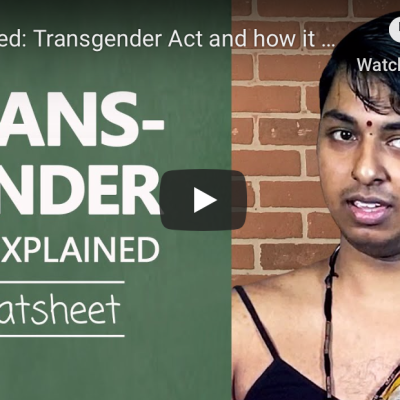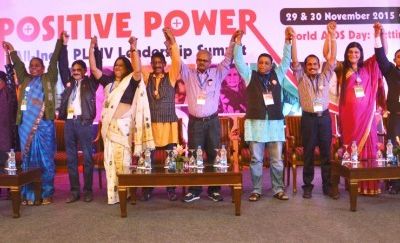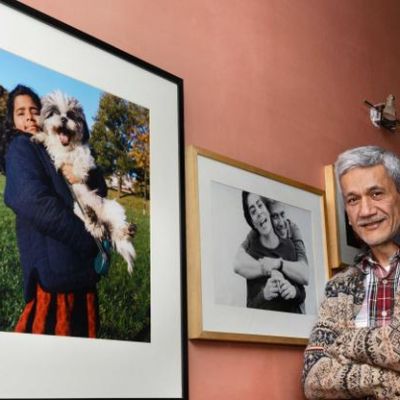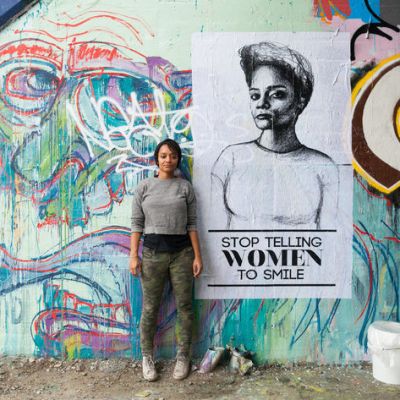Politics
Trans rights activist Kanmani Ray succinctly lays down the concerns around the Act, points out how its language reinforces the gender binary and highlights the fact that while seeking to protect the rights of trans people, the Act in fact discriminates against them.
Queering, as a theoretical and practical approach, has emerged as a powerful means of challenging and dismantling established politics, power…
I am out. A postcard from a stranger that I imagine to be queer or trans*[1] or both tells me…
On the occasion of World AIDS Day 2015, I could not help but ponder on what the day means to…
I am still coming to terms with my own femininity, as with new learnings I find myself regaining many facets of my personality which were lost while trying to ‘act like a man’ and ‘act tough’.
My body presented to me the first paradox in my feminism that I would encounter. How could I claim to be a feminist if I was not proud of the body I was born in? My advocacy as a sixth grader seemed to fail when it came to my own self.
Sunil Gupta is an artist, activist, and a curator, based in London UK. In this interview, he talks to Manak…
I’ve essentially thought of movement as a kind of freedom, but one that has the capacity to destabilise you in some way. My most creative moments are when I’m not moving, when I am in fact rooted and still.
As we see through this issue of In Plainspeak, stories have in them the power of exposing brutal truths about society and therefore also bring with them the possibility of reform, change, and hope, and when not possible, temporarily escaping into other worlds.
My journal has many entries that are speculative and fantastic. Writing about the mundane leads me to question the way the world operates and from there I frog-leap into a world of ideas where I imagine a radically different way of being. In my journal, I imagine a politics of care, community, and compassion. I become grand, valuable, and unstoppable, even in a world where I am sometimes made to feel small.
After writing the words “Community and Sexuality” as the working title of this piece, I attempted to begin writing many…
Alok Vaid-Menon is one half of the trans South Asian performance duo from New York, DarkMatter. Vaid-Menon was gender-assigned male at birth, identifies as transfeminine (that is, identifies with femininity to a greater extent than with masculinity) and prefers the pronouns ‘they’ and ‘their’.
Tatyana Fazlalizadeh Takes Her Public Art Project to Georgia By FELICIA R. LEE APRIL 9, 2014 Tatyana Fazlalizadeh pasted her self-portrait Friday…













